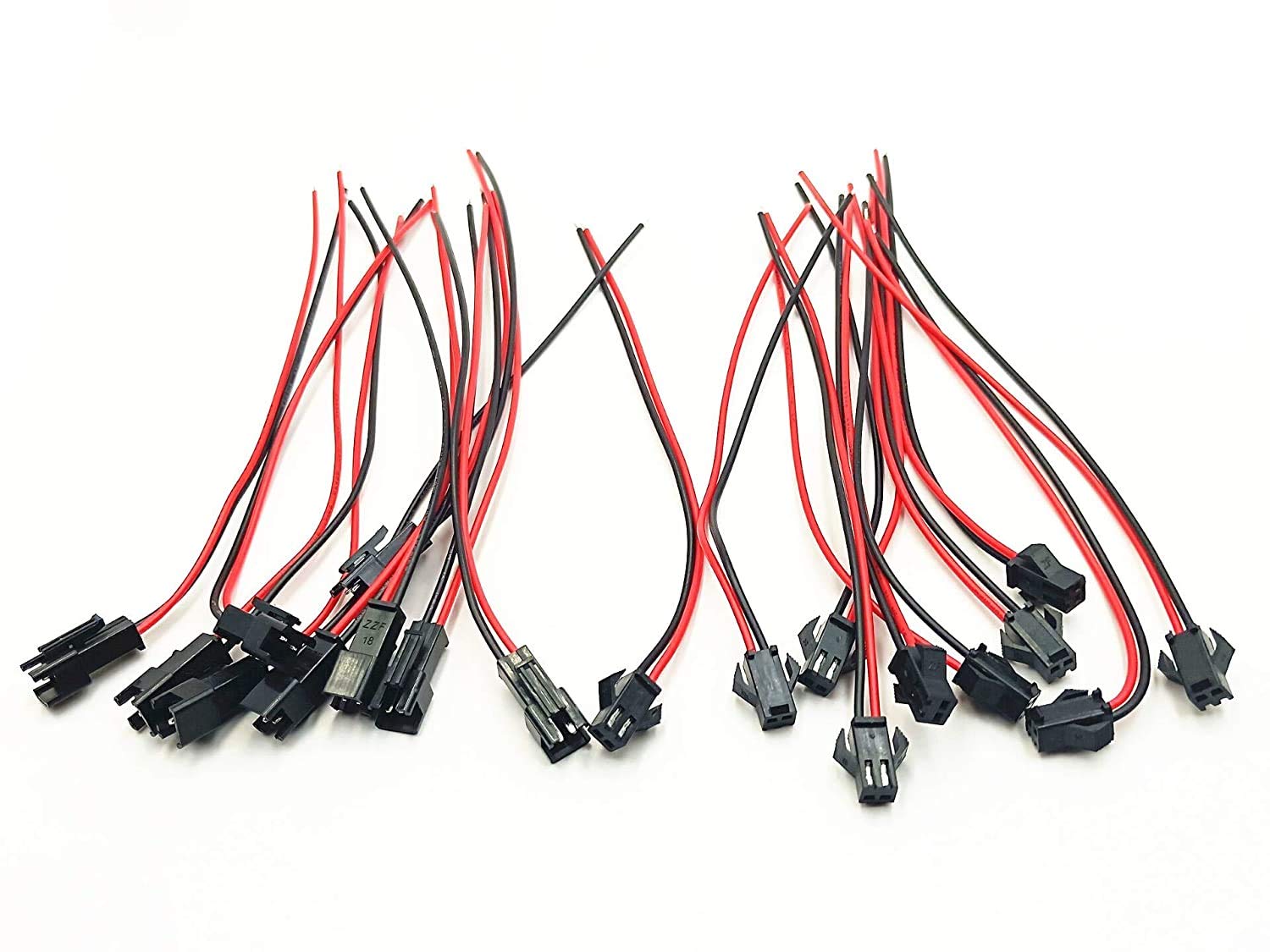In contrast to a physical office, VPBXs (Virtual Private Branch Exchanges) offer numerous benefits.
Initially, only handsets, modems, routers, and switches are required to use a hosted telephone system.
In addition to traditional PBX systems, VoIP phones can also be used to improve a business phone system. In case your IP PBX is already internet-enabled, you can use SIP trunking to use it as a telephone network.
To make these concepts more understandable, they will be broken down into the following steps:
- Hosted phone systems are used in the following ways.
- Host a website. What does that entail?
- Many options are available for hosting your PBX
- There are some disadvantages to cloud computing
- How to choose the right car
Post Contents
Why do we need a hosted phone system?
Hosted telephone systems are those that can be accessed over the Internet.
Platforms can be used to host PBX systems. Despite their similarities, each configuration behaves differently.
1). A cloud VoIP solution connects each phone to an external VoIP data center. A SIP server is pre-programmed to allow phones to register with it in advance.
With a cloud PBX, your employees will have access to all the essential features they need. With one of the easier platforms, voicemail, auto attendants, and video conferencing are easy to manage.
2) Use VoIP trunking to connect all external telephone lines to your existing telephone system. If your PBX fails, you can still take calls, whether you have a physical or virtual office.
Describe how a hosted VoIP solution differs from an on-premises one.
An internet-based cloud PBX allows for telephone calls to be made and received. Users can place and receive calls over VoIP by using a SIP server on the internet.
Following are the steps:
- Companies that provide hosted phone systems can offer cloud PBX services. Off-site data centers are used to host these systems.
- An incoming call is received by your PBX system.
- A hosted PBX converts call data so that packets can be sent via an Internet connection. VoIP systems operate in this way.
- You can receive incoming calls via your desk phone when using the PBX.
- Your desk phone rings. You pick it up. The calls are converted to voice messages after you pick up the phone. You can speak directly with your callers when you use a hosted PBX.
Using cloud phone, users can make and receive calls from devices connected to the Internet. Business can be conducted on any type of device, from smartphones to desktops to laptops.
Understanding the differences between PBXs and VoIPs is easier with these 26 points
There are many advantages to using a hosted phone system
Several benefits come with cloud-based telephone systems:
The installation process is straightforward
It is a complex, time-consuming, and expensive process to install a traditional phone system. The hosted phone system does not solve these problems.
Installing and configuring the cloud-based system does not require any visits to your office. Large companies as well as small businesses can benefit from it since it facilitates collaboration between businesses of all sizes.
Cost savings
Hosting a traditional phone system is significantly more expensive. You don’t need to replace the equipment. Cloud telephony utilizes existing equipment. Examples include:
- Software-based phones
- Desks with phones
- A smartphone is defined as a mobile device (such as an iPhone or an Android device).
- Phones with VoIP capabilities
The cost of maintaining cloud phone systems is usually lower for businesses that use them. It is not necessary to call an engineer to fix the problem since it can be solved on site. The IT department of your company is usually able to resolve VoIP issues without contacting the provider.










